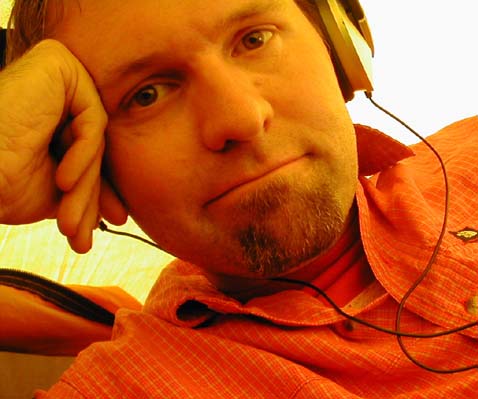nursing staff here.
Liz Bennett -- usually introduces herself as 'they call me bossy
Bennett' for reasons that I don't quite understand; not actually that
bossy at all. Has a love/hate relationship with her computer which I
have become embroiled in, and has a huge heart for our nursing students
here at the hospital. Also has a HUGE cat named Tinker who I think
could probably eat my cat in one gulp if he wanted to.
Jan Matthews -- described as a 'real pot of gold' by one of the visiting
doctors, she's approaching the retirement age but still manages to
giggle like she's 16. She has the ability to put on a semi-miraculous
spread of food at her house with seemingly no effort and is the
instigator of many of the cakes that we eat during tea time. She's been
in Zambia for almost as long as Zambia has been a country. A real
prayer warrior with who knows how many notebooks filled with prayer
requests that go back years.
Michelle Proctor -- everyone's favorite pediatric nurse, with a
fantastically happy black lab named Bouncer because he shares a
Tigger-like enthusiasm for chasing such delicacies as small rocks and
pebbles. Amazing gifts of hospitality. Comes from the land of Beatrix
Potter, who's biography we were (forced) to watch one Friday evening.
She braves the spider-filled cavern of our storage area more than anyone
else. Despite being an excellent nurse and friend, I think she'd quit
the whole shebang to open up a Starbucks branch in Kasempa, if the
opportunity were to arise.
Ruth Green -- assumed the role of youngest medical staff ex-pat from me
when she arrived this summer; from Northern Ireland yet is brave enough
to at least consider going to a Catholic church for services every now
and then. Has an unfortunate lack of knowledge for cooking Irish
delicacies, however, so we're having to remedy that little by little
(taught by non-Irish folks). Willing to help me out by putting feminine
hygiene products that I was asked to buy into her own shopping basket.
Kate Stimson -- a Londoner transplanted to rural Africa; spent the last
two years as a nanny in England while taking a break from her nursing
duties. A good source of British slang like 'brilliant' and 'mental'.
The primary tutor for Ruth's Irish baking deficiencies. Also just
arrived this summer.
Alfonsina Tembo -- one of our dedicated locals who's passing up fame and
fortune to work at a place like Mukinge. Full of sensible ideas and
willing to call you out if you're doing something wrong (ie, drinking
your Coke before you eat your meal). My neighbor and fellow gardener,
along with her duplex-mate Susan. A brilliant laugh.
I could continue to go on for the pharmacy staff, lab staff, business
office, maintenance staff, ZEN's, and so forth, but I'm getting tired.
I think you get the picture that it's very much a team effort here.
Even now as we are putting together this planning document for the
coming year we've had so many different people with different expertise
lend a hand. As John said, it's a good feeling when you're able to
pitch in and help out a bit, even in places that aren't your
'responsibility'. Without everyone, we wouldn't be able to do what we
do on a day-to-day basis.
